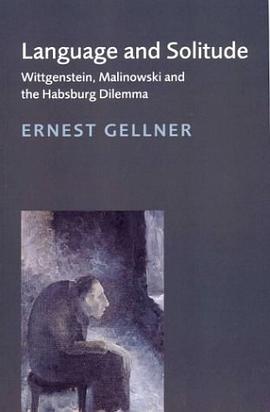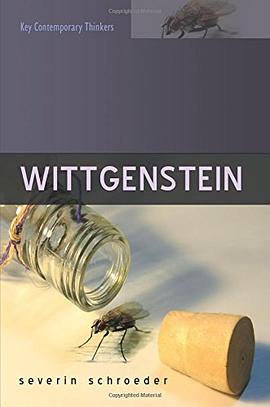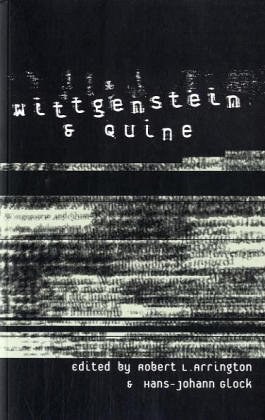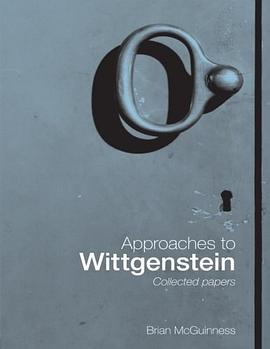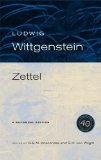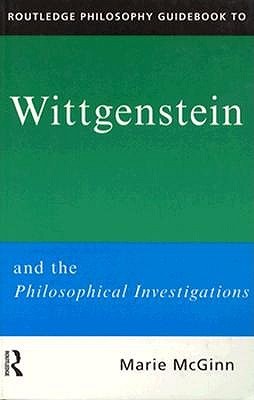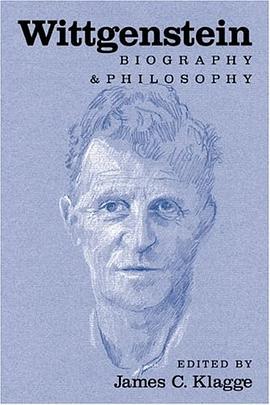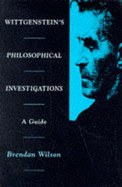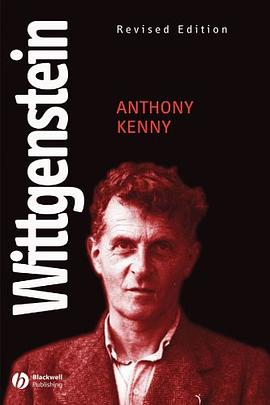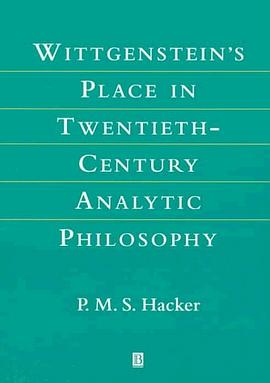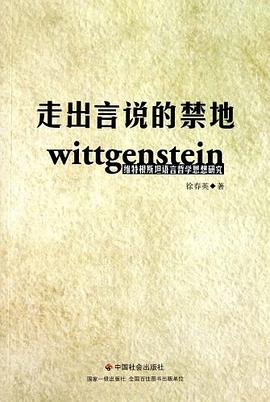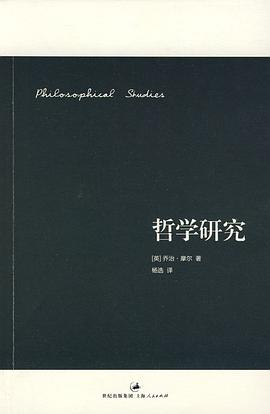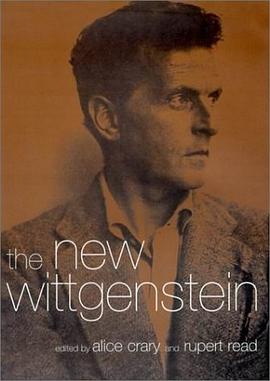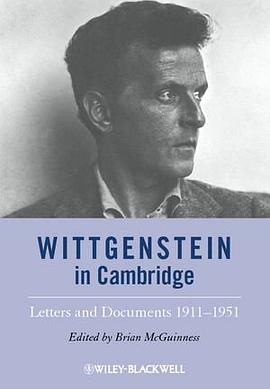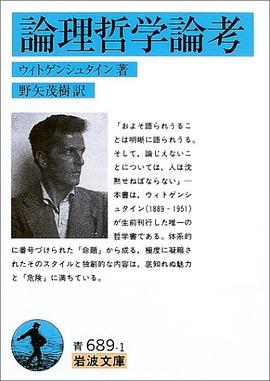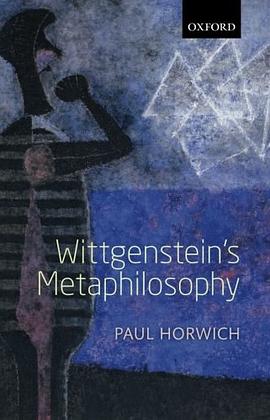

Paul Horwich develops an interpretation of Ludwig Wittgenstein's later writings that differs in substantial respects from what can already be found in the literature. He argues that it is Wittgenstein's radically anti-theoretical metaphilosophy-and not (as assumed by most other commentators) his identification of the meaning of a word with its use-that lies at the foundation of his discussions of specific issues concerning language, the mind, mathematics, knowledge, art, and religion. Thus Horwich's first aim is to give a clear account of Wittgenstein's hyper-deflationist view of what philosophy is, how it should be conducted, and what it might achieve. His second aim is to defend this view against a variety of objections: that is, to display its virtues, not merely as an accurate reading of Wittgenstein, but as the correct conception of philosophy itself. And the third aim is to examine the application of this view to a variety of topics-but primarily to language and to experience. A further distinctive feature of this approach is its presupposition that Wittgenstein's ideas may be formulated with precision and that solid arguments may be found on their behalf. This pair of guiding assumptions-the centrality of Wittgenstein's metaphilosophy, and its susceptibility to rigorous articulation and rational support-are admittedly controversial but are vindicated, not just textually, but by the power and plausibility of the philosophy that results from them.
具体描述
读后感
Paul Horwich’s argument against T-philosophy: T-philosophy refers to both traditional philosophy and theoretical philosophy. The main features of T-philosophy are the application of scientific methods as well as the aim of making philosophy to be science...
评分Paul Horwich’s argument against T-philosophy: T-philosophy refers to both traditional philosophy and theoretical philosophy. The main features of T-philosophy are the application of scientific methods as well as the aim of making philosophy to be science...
评分Paul Horwich’s argument against T-philosophy: T-philosophy refers to both traditional philosophy and theoretical philosophy. The main features of T-philosophy are the application of scientific methods as well as the aim of making philosophy to be science...
评分Paul Horwich’s argument against T-philosophy: T-philosophy refers to both traditional philosophy and theoretical philosophy. The main features of T-philosophy are the application of scientific methods as well as the aim of making philosophy to be science...
评分Paul Horwich’s argument against T-philosophy: T-philosophy refers to both traditional philosophy and theoretical philosophy. The main features of T-philosophy are the application of scientific methods as well as the aim of making philosophy to be science...
用户评价
相关图书
本站所有内容均为互联网搜索引擎提供的公开搜索信息,本站不存储任何数据与内容,任何内容与数据均与本站无关,如有需要请联系相关搜索引擎包括但不限于百度,google,bing,sogou 等
© 2025 book.wenda123.org All Rights Reserved. 图书目录大全 版权所有


